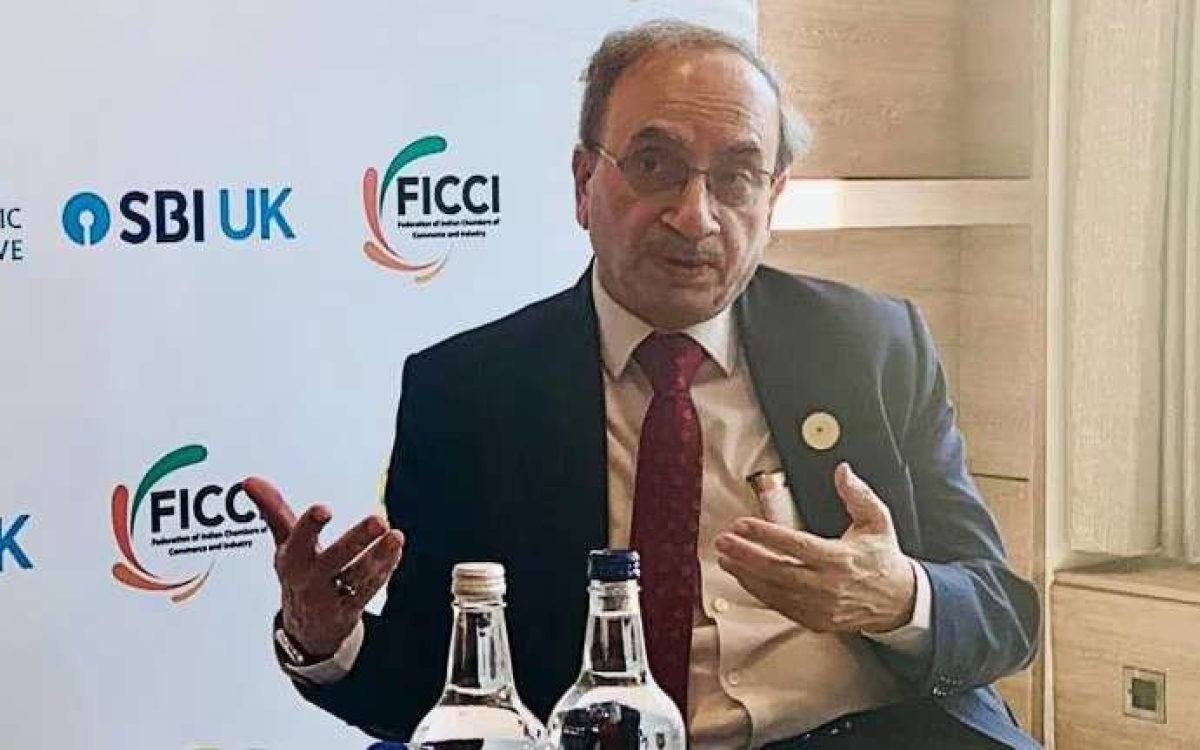“SBI Chairman Denies Communication with Paytm Payments Bank Amidst Regulatory Challenges”
In a recent press conference on February 3, Dinesh Khara, the Chairman of the State Bank of India (SBI), made it clear that the bank has not initiated any communication with Paytm Payments Bank regarding the transfer of business. Khara’s statement came post the announcement of SBI’s quarterly earnings, emphasizing that the SBI-Paytm relationship is limited to the maintenance of certain accounts.
However, Paytm founder Vijay Shekhar Sharma provided insights into the situation, stating that numerous large banks have approached Paytm Payments Bank, offering support during a crucial period. Sharma acknowledged the overwhelming response and mentioned plans to change their Virtual Payment Address (VPA) as they explore partnerships with other banks. The decision regarding the change in partner banks is expected to materialize in the coming weeks as discussions progress.
The landscape for Paytm Payments Bank has become increasingly challenging with the Reserve Bank of India (RBI) imposing restrictions, including a halt on fresh deposits and credit transactions after February 29. The stringent measures were intensified on March 11 when the RBI prohibited Paytm Payments Bank from onboarding new customers. The central bank cited persistent non-compliances and ongoing supervisory concerns revealed in audit reports as the basis for these regulatory actions.
The Comprehensive System Audit report and subsequent compliance validation report prompted the RBI to take further supervisory actions against Paytm Payments Bank. As of February 29, 2024, the bank faces restrictions on accepting new deposits, conducting credit transactions, and facilitating top-ups for various customer accounts, prepaid instruments, wallets, FASTags, NCMC cards, etc. The only exceptions are interest, cashbacks, or refunds that may be credited at any time, as clarified by the RBI.
The unfolding developments have raised questions about the future trajectory of Paytm Payments Bank and its strategic partnerships in the banking sector. As Paytm navigates these regulatory challenges, the industry watches closely, anticipating the outcome of ongoing discussions with potential partner banks and the resolution of supervisory concerns outlined by the RBI.
In a dynamic financial landscape, the relationship between traditional banking institutions and emerging digital payment platforms continues to evolve, bringing attention to regulatory frameworks and collaborative efforts required to ensure a stable and secure financial ecosystem. The coming weeks are crucial for Paytm Payments Bank as it addresses these challenges and explores new avenues for collaboration within the banking industry.









